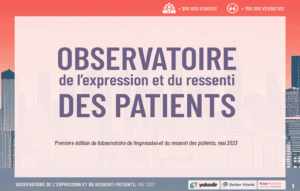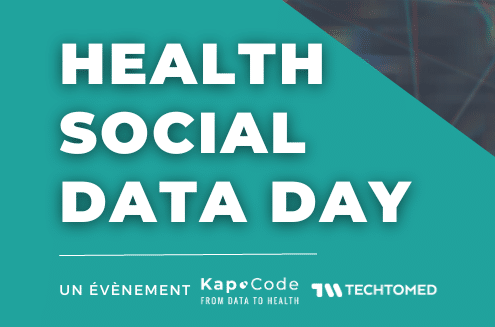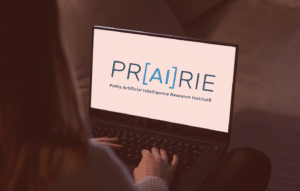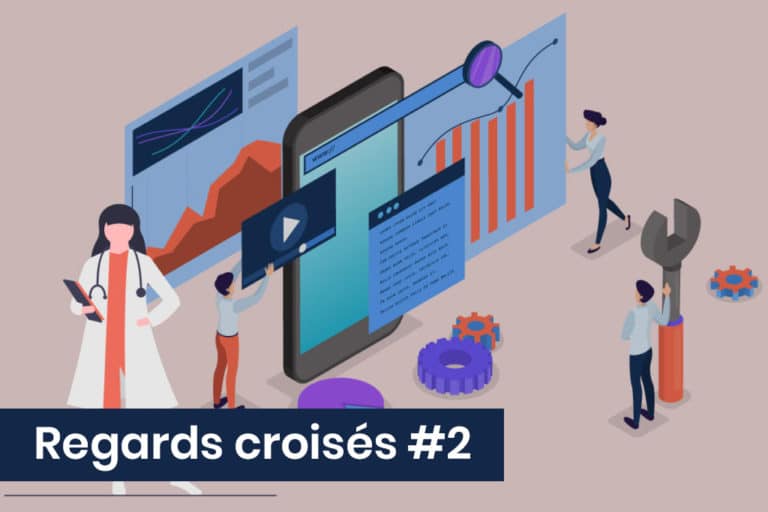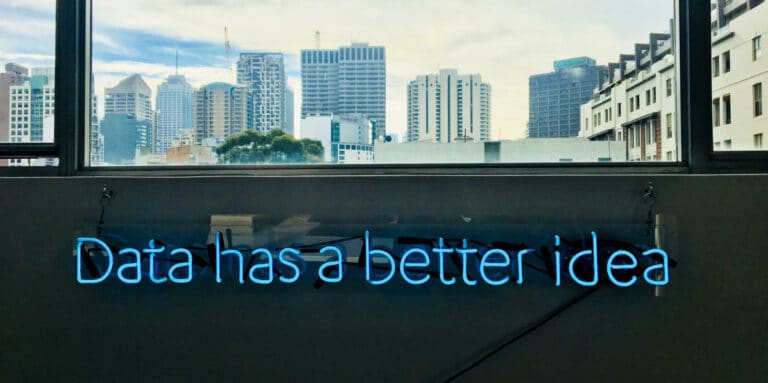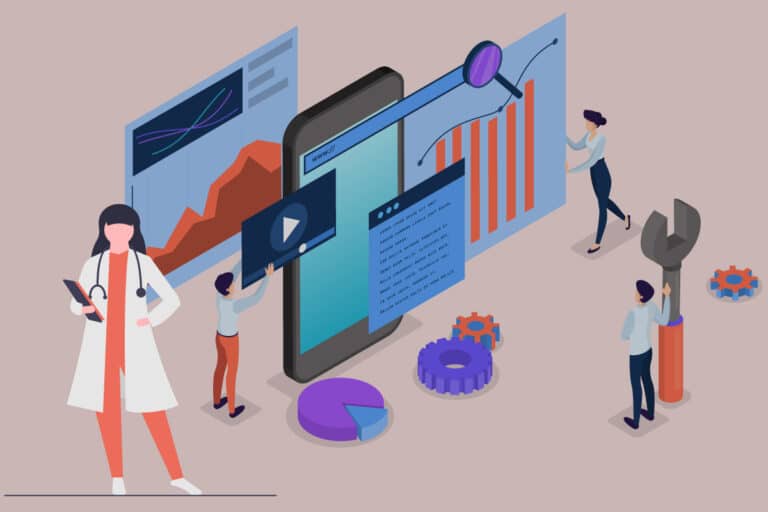Kap Code is a startup that analyzes health data collected from the internet, including mainly the testimonies of patients on social networks. Kap Code's goal is not only to analyze messages, but above all to place the patient at the center of the health system, to value his experience and his voice.
Use of Medical Social Listening
The world of today has undergone many changes, including breakthroughs in digital technology that resulted in a data usage upsurge.
In the health field, traditional research methods (focus groups, interviews, observational studies...) include data generated by the patient and collected during a medical visit using connected objects.
Alternatively, another method include data from social networks; called real-world data. This data is not collected within an experimental framework (clinical trials for example) but rather reflect patients’ daily lives and activities.
Kap Code’s mission is to identify, extract, and analyze the data of interest among the huge volume of information on the Internet using its Detec’t tool. A team of medical experts subsequently interpret the data -with a focus on the patient and/or caregiver experience- for actionable insights.[1]
With recommendations from the FDA
The patients’ experience makes it possible to highlight information concerning, among other things, their perception of their treatments, their experience with the disease (e.g., the impact on their quality of life) or certain unmet medical needs related to their current treatments.
This information has been taken into account by the Food and Drug Administration (FDA) in its recommendations on the compilation of patient information. These recommendations provide details on the types of data-of-interest to be collected and the methodologies to do so, including social networks. Indeed, data from social networks can be useful in the preliminary stages of a study to complement traditional research methods.[2]
Its role in the health system
The recommendations issued by the FDA provide credibility and significance to health data derived from social networks. On the other hand, they establish a framework to be respected for this type of studies.
Studies using data from social networks can be complementary to traditional ones, but they still have some limitations, the FDA indicates. In particular, they are dependent on patients’ self-reporting and the various social networks that are used (Twitter, health forum, etc.). Another limitation might the representativeness of the population included in the studies, as individuals using the internet might belong to a certain age range.
However, this type of data also offers many strengths: its accessibility and its reflection of the daily life of patients sharing their experiences on platforms that encourage free expression; it therefore allows to place the patient at the center of future health actions.
The FDA's position on the use of real-life data, specifically data from social networks, validates Kap Code’s studies in many respects. Their complementarity to traditional studies no longer seems to need to be demonstrated. Their position within the health system, however, remains to be defended.






